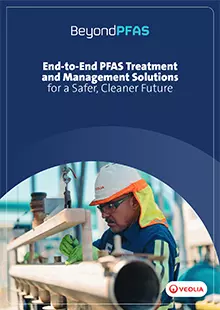
BeyondPFAS
End-to-End PFAS Treatment and Management Solutions
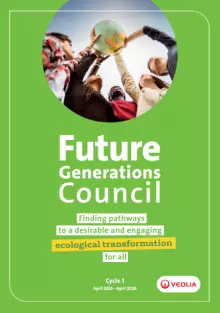
Future Generations Council
Finding pathways to a desirable and engaging ecological transformation for all
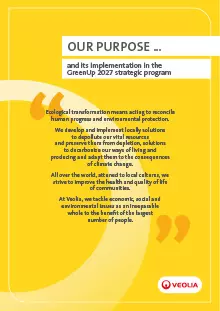
Our Purpose...
and its implementation in the GreenUp 2027 strategic program.
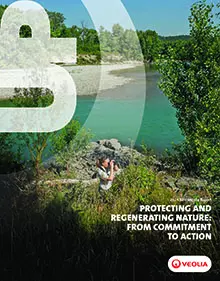
2024 Biodiversity Report
PROTECTING AND REGENERATING NATURE: FROM COMMITMENT TO ACTION
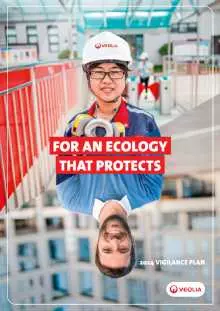
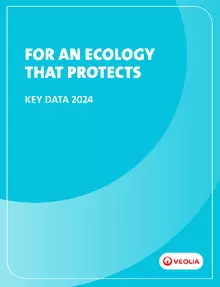
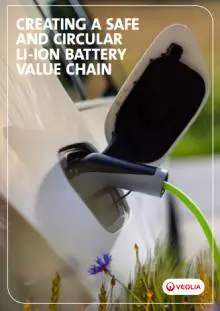
Creating a safe and circular Li-Ion battery value chain
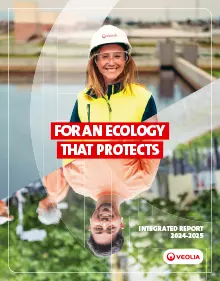

Ecology that protects
Focus: Sustainable desalination | Planet Magazine #28
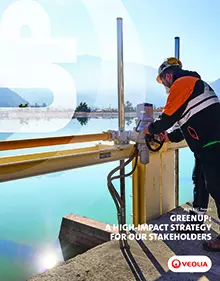
2024 ESG Report
GreenUp: a high-impact strategy for our stakeholders.


